Zhou Zhihao, a Canadian-born basketball player of Chinese descent who stands at an impressive 2.24 meters and is affectionately nicknamed "Little Yao Ming" by Chinese fans, has sparked controversy after declining an invitation from Yao Ming himself to join the Chinese men's basketball team. This decision has left many Chinese fans feeling angry and disappointed, as they had high hopes that he would represent China and help elevate the country's basketball scene. Instead, Zhou chose to play for Canada and, following his success in the NBA, made a video expressing his love for Chinese culture and willingness to participate in commercial activities in China.

This apparent inconsistency in his stance has led some to believe that Zhou may be seeking personal gain through the Chinese market. The question then arises: what motivated Zhou's decision, and how does he reconcile the conflict between cultural identity and his choices?

Zhou's story begins with his upbringing in Canada. Born in Toronto, despite his Chinese heritage, he grew up immersed in Western culture, receiving Canadian education and values. Consequently, he does not have a strong connection to traditional Chinese culture. This background likely influenced his career decisions, prioritizing international recognition through basketball over emotional ties to Chinese basketball.

This lack of cultural identification may explain why Zhou turned down Yao Ming's offer. As the chairman of the Chinese Basketball Association, Yao personally invited Zhou to join the national team, but Zhou stated, "I only wish to play for Canada." This response not only disappointed Chinese fans but also prompted experts to question whether athletes prioritize career opportunities over emotional attachment when choosing which country to represent.
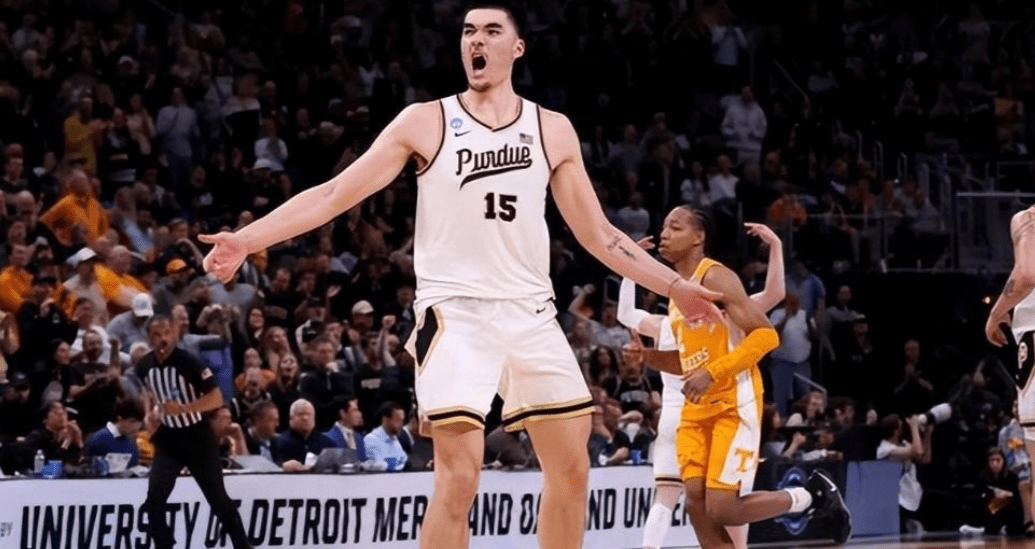
Yao Ming has been working to globalize Chinese basketball, attempting to enhance the men's team's competitive level by recruiting foreign players. He has extended invitations to several promising international athletes, including Li Kael and Liu Chuanxing. Zhou's refusal represents a significant setback to this strategy.
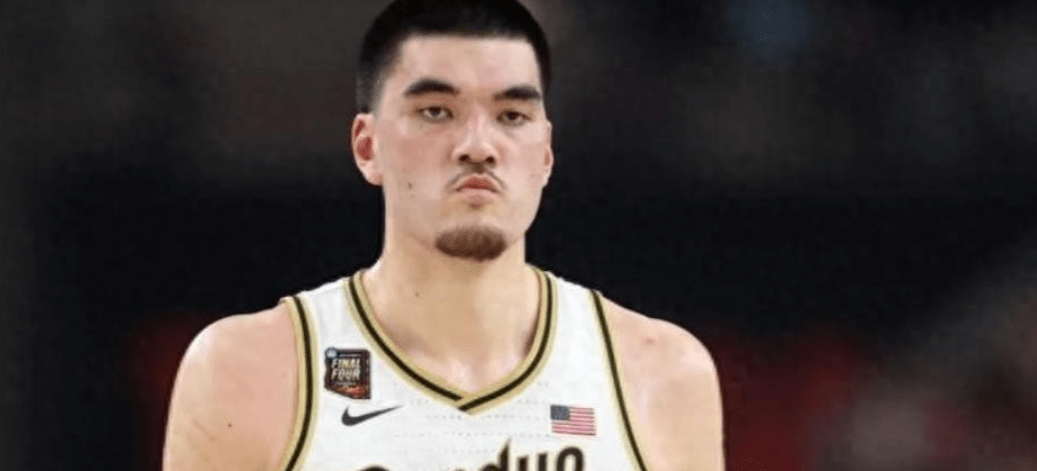
However, this incident also highlights the complexity of naturalized players, which goes beyond mere technical considerations. Despite his Chinese ancestry, Zhou has a weak sense of identification with Chinese culture. Yao's rejection underscores that naturalized players must have a strong emotional connection to China, not just fill technical gaps.

If a player does not identify with Chinese culture, even if their skill level is high, they may struggle to fully commit to the Chinese team. The failure of the naturalization strategy reflects a neglect of players' cultural backgrounds and emotional connections in Chinese basketball.
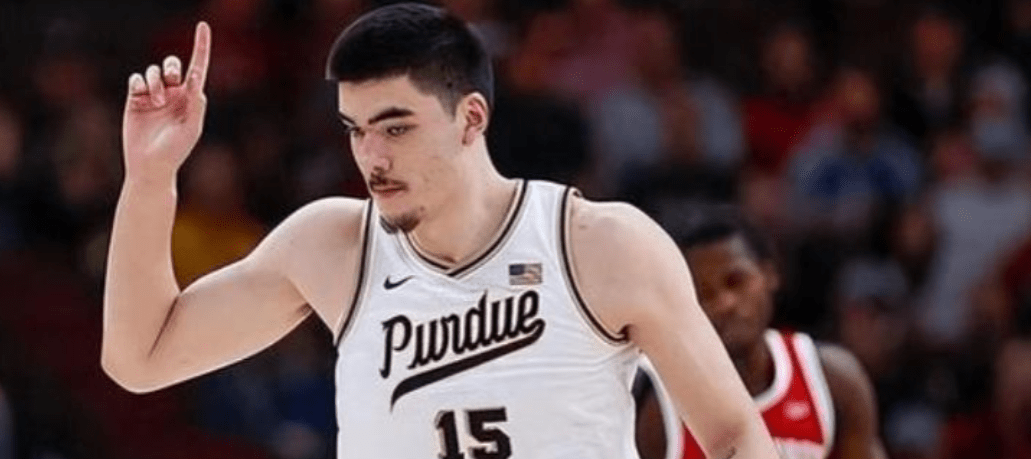
Despite declining to play for the Chinese team, Zhou's approach to commercial opportunities has subtly shifted. After joining the NBA, he posted a video on social media reaching out to Chinese fans, expressing his fondness for Chinese culture and interest in participating in commercial basketball activities in China. This move reflects his awareness of the vast Chinese basketball market and its commercial potential.
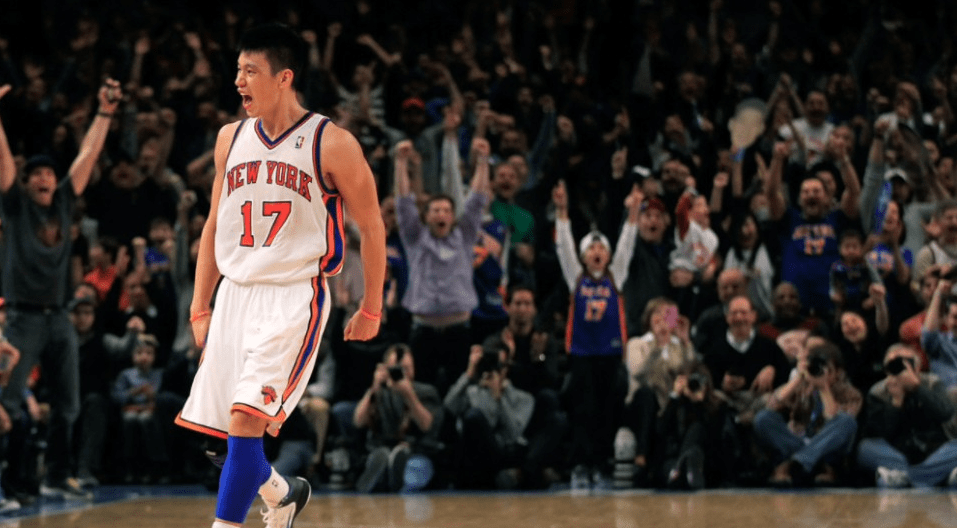
China has become one of the world's largest basketball markets, with the NBA, CBA, and numerous basketball brands engaging in extensive commercial collaborations. Zhou recognized the immense commercial value of sports stars in this market. Although he refused to play for China, he did not shy away from engaging in basketball-related business activities in the country, using this avenue to build his reputation in the Chinese market.
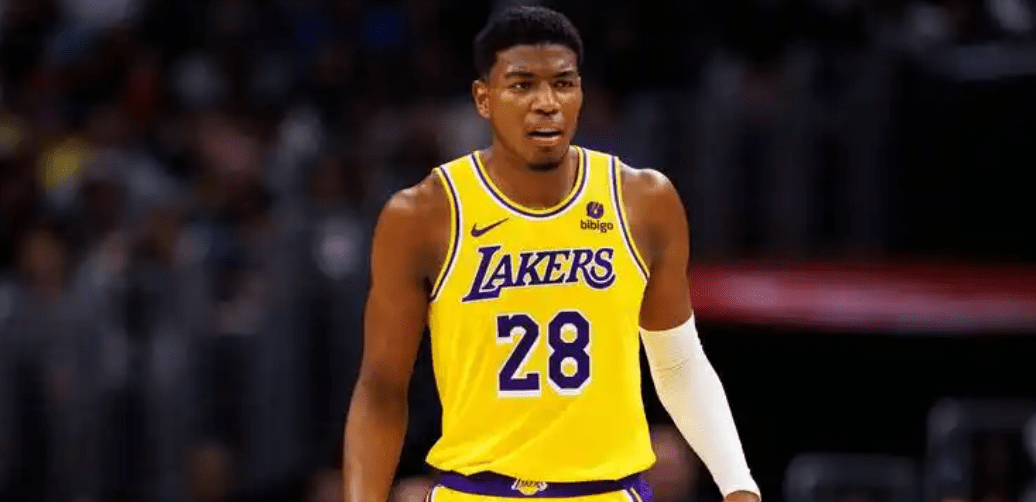
This change in attitude has left many Chinese fans dissatisfied and prompts reflection on whether, in this era of globalization, the actions of many athletes are driven less by simple patriotism and more by calculated commercial considerations.
In contrast, Jeremy Lin's choice appears more complex yet endearing. Born and raised in the United States, Lin takes pride in his Chinese heritage. His efforts to learn Mandarin and his frequent participation in Chinese basketball events demonstrate his respect and identification with Chinese culture. Although Lin has not played for the Chinese men's team, his attitude and actions have endeared him to Chinese fans.
Compared to Zhou, Lin's efforts in cultural identification stand out significantly. In this regard, Zhou's stance seems somewhat detached and utilitarian. Lin, who has not played for China, garners respect for his genuine efforts in cultural identification.
On the other hand, Zhou, despite his Chinese ancestry, has a weaker identification with Chinese culture, making his stance appear more commercially motivated. This distinction shapes starkly different images of the two in the hearts of Chinese fans.
Zhou's decision is not unique. In a globalized context, an increasing number of athletes face choices regarding nationality and cultural affiliation. For instance, Japanese basketball star Rui Hachimura, despite his African heritage, strongly identifies with Japanese culture and plays for the Japanese national team.
Athletes like Hachimura, with a clear sense of national belonging, often earn the respect and support of fans. In contrast, athletes like Zhou, who have Chinese roots but choose to play for Canada, present a more intricate interplay of cultural identity and career planning.
Zhou's choice to play for Canada reflects not only career planning but also his upbringing and cultural identity. Factors such as cultural identification, personal growth, and professional aspirations collectively influence such decisions.
Zhou's refusal to play for China while leveraging the Chinese market for personal gain underscores the tight relationship between sports and commerce, compelling us to consider the complex choices athletes face in the age of globalization.
Ultimately, athletes' choices are deeply intertwined with their cultural backgrounds, career plans, and market perceptions.